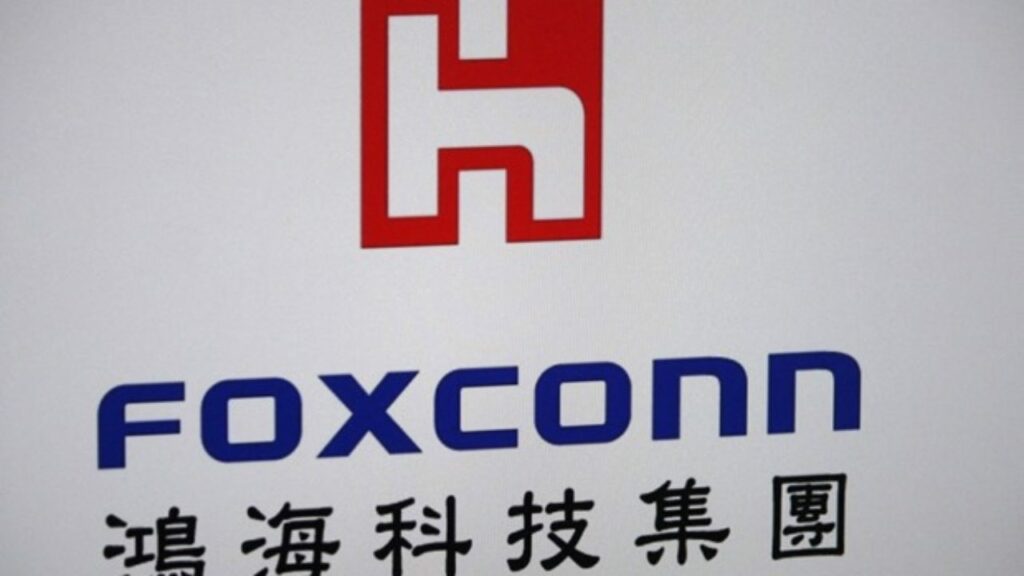Foxconn, the world’s largest contract electronics manufacturer, announced on Monday that it has withdrawn from a $19.5 billion semiconductor joint venture with Indian conglomerate Vedanta. The joint venture aimed to establish semiconductor and display production plants in Prime Minister Narendra Modi’s home state of Gujarat, as part of his plan to boost chip manufacturing in India.

Blow to Modi’s Chip Manufacturing Plans: Foxconn Withdraws from Semiconductor Joint Venture with Vedanta
Foxconn did not provide specific reasons for its withdrawal but stated that it had collaborated with Vedanta for over a year to bring the semiconductor project to fruition. Both companies mutually agreed to terminate the joint venture, with Foxconn removing its name from the project, which now becomes a fully-owned Vedanta entity. Modi’s ambitions to attract foreign investors for local chip production have suffered a setback with this development.
Vedanta did not immediately respond to a request for comment. Foxconn, primarily known for assembling Apple products, has been diversifying into chip manufacturing in recent years. It had been in talks with Vedanta to involve European chipmaker STMicroelectronics as a partner, but negotiations reached an impasse.
Other Developments in the Indian Semiconductor Space
The Indian government expressed the desire for STMicroelectronics to have a more significant stake in the partnership, which the European company was not inclined to accept. Consequently, the Vedanta-Foxconn project faced delays and uncertainties. Another consortium, ISMC, which included Tower Semiconductor as a partner, had also faced obstacles after Tower’s acquisition by Intel. Additionally, a $3 billion plan by Singapore-based IGSS Ventures was halted due to the firm’s decision to re-submit its application. India has anticipated its semiconductor market to reach a value of $63 billion by 2026 and introduced a $10 billion incentive scheme to attract investment in chip manufacturing.












